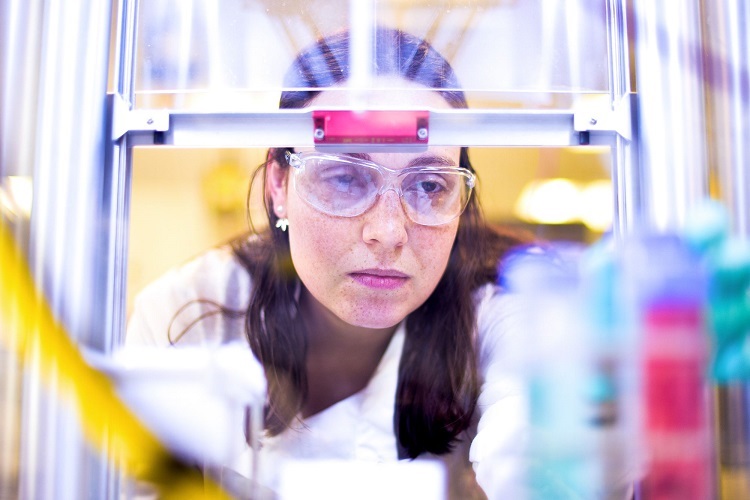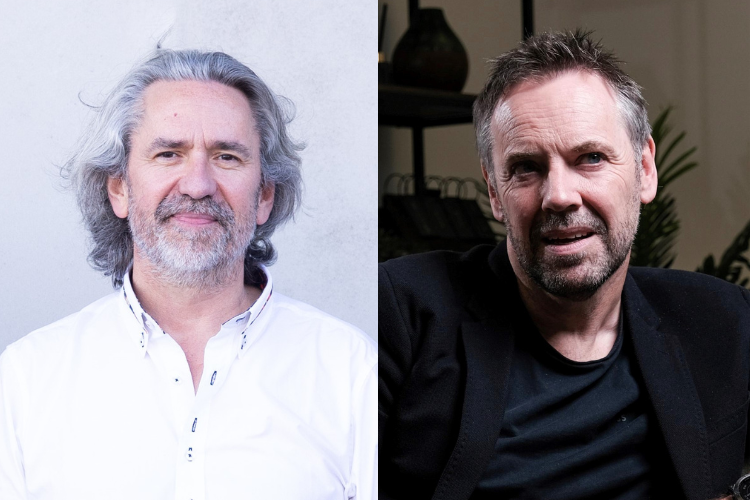St Andrews leads the way with second Scottish brain health summit

St Andrews is set to host the second international brain health summit bringing together a ‘triple helix’ of experts from across the globe and securing Scotland’s place as a hub for world-leading research into neurodegenerative diseases.
Leading academic experts from the universities of St Andrews, Aberdeen, Dundee, Edinburgh and Glasgow will join forces with industry, and leading figures in the NHS for a two-day conference at the University’s Medical Sciences building on Thursday 13 and Friday 14 July. It will be sponsored by the new Brain Health Alliance Research Challenge and SULSA, the Scottish Universities Life Sciences Alliance.
The conference comes at a significant time for healthcare as Scotland – and nations across the globe – see the impact of an ageing population. Clinical trials and early detection of brain health diseases can produce a better experience for those affected.
The conference also follows on from the publication, in May, of the Scottish Government’s New Dementia Strategy for Scotland: Everyone’s Story, which sets a vision of Scotland where people living with dementia and their carers have their strengths recognised, their rights upheld, and are supported to live an independent life, free from stigma, with person-centred treatment, support and care when and where they need it.
Next week’s event is the result of a collaboration between Professor Frank Gunn-Moore, Head of the School of Biology at the University of St Andrews, and Professor Craig Ritchie, CEO and founder of Scottish Brain Sciences, a pioneering new international brain sciences institute committed to the early detection of neurodegenerative conditions and new treatments for those affected.
The event, led by former First Minister of Scotland, Henry McLeish, Chair of the Scottish Brain Health and Dementia Research Strategy Oversight Board, will feature a series of high-profile speakers including Ian Murray MP, the Shadow Secretary for Scotland. He will be joined by Consultant Neuropathologist Dr Willie Stewart, Honorary Professor of the School of Psychology and Neuroscience at the University of Glasgow, who will talk about sports and dementia and Professor Matt Nolan from the University of Edinburgh’s Centre for Discovery Brain Sciences, who will talk about novel methods for how memories are stored.
Delegates will also hear from Dr Mark Dalgleish, from the University of Glasgow, who has been conducting research into dementia in cetaceans, and Dr Terry Quinn, chair of the executive committee of the new Scottish Government-funded Brain Health Alliance Research Challenge.
Also taking part will be representatives of SULSA, US Against Alzheimer’s, the Global Alzheimer’s Platform Foundation, the UK Dementia Research Institute, the World Dementia Council, trade and investment agency Scottish Development International (SDI), Scottish Enterprise, the Medicines Discovery Catapult network, the Chief Scientist Office, part of the Scottish Government Health Directorates, and Alzheimer’s Scotland.
Charitable organisations and companies attending include medical research companies LifeArc, Cytochroma, IQVIA, Bioascent, Exscientia and Linus Health as well as the Association of British Pharmaceutical Industries.

Professor Gunn-Moore said: “Since last year’s summit in St Andrews we have been working together to develop a potential fund to assist spin-out companies from Scottish universities involved in neurodegenerative disease research. We have developed a consortium with three main aims – firstly, to decide how funding is distributed across many of our universities and secondly, to build cross-party political support for this fund to promote it within Scottish funding agencies. This has included support from all parties and the drafting of a letter to the new First Minister highlighting the importance of ongoing collaboration across universities, charities and the pharmaceutical industry. Lastly, it has also been important to generate philanthropic support so we can continue this vital work.”
Professor Ritchie said: “The foundations set in 2022 at our inaugural meeting have given us huge confidence to take forward bold and ambitious ideas into 2023. The Life Sciences Triple Helix in Brain Health could not have a better incubator and home than Scotland and the University of St Andrews is the ideal host for our ambition. The 2022 meeting was a significant catalyst for the development of Scottish Brain Sciences and I expect equally important and tangible outcomes from this 2023 meeting.”
Issued by the University of St Andrews Communications Office.